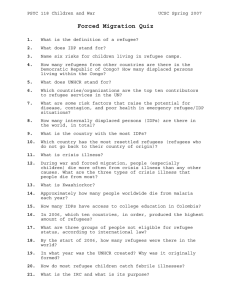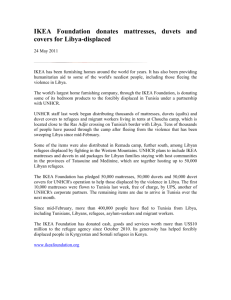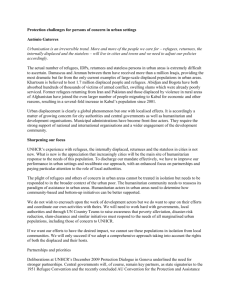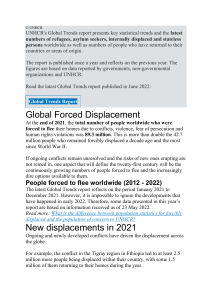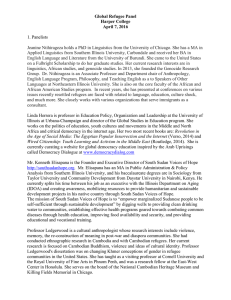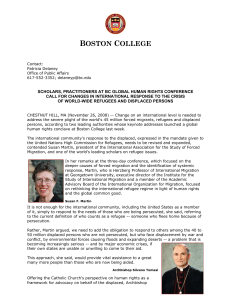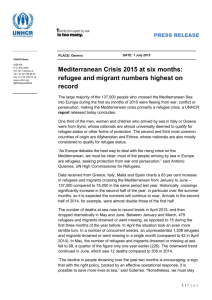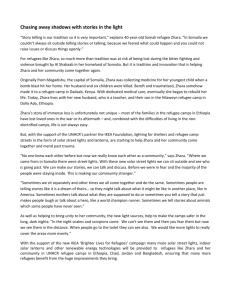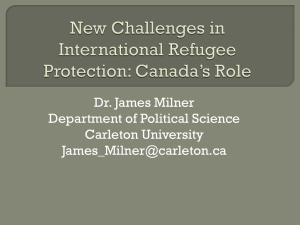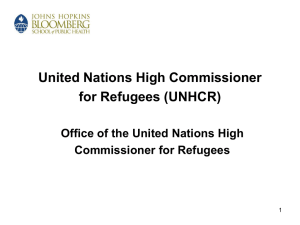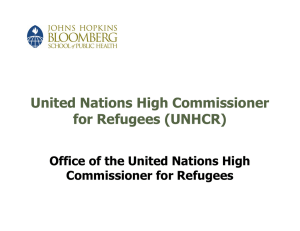Libyan Arab Jamahiriya
advertisement
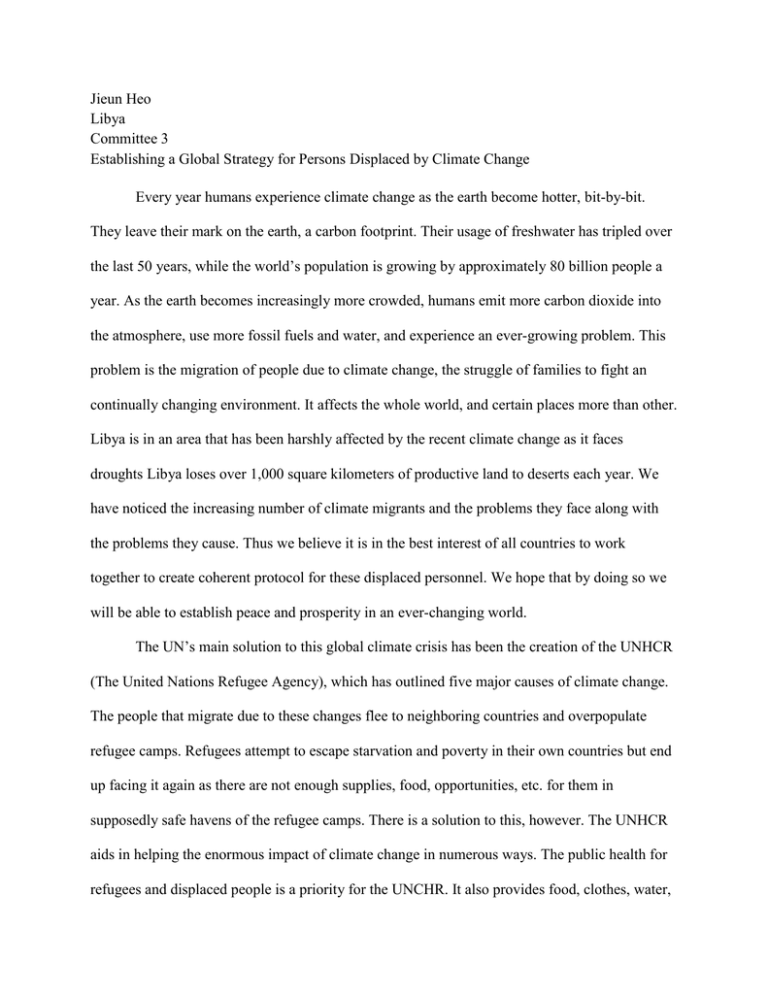
Jieun Heo Libya Committee 3 Establishing a Global Strategy for Persons Displaced by Climate Change Every year humans experience climate change as the earth become hotter, bit-by-bit. They leave their mark on the earth, a carbon footprint. Their usage of freshwater has tripled over the last 50 years, while the world’s population is growing by approximately 80 billion people a year. As the earth becomes increasingly more crowded, humans emit more carbon dioxide into the atmosphere, use more fossil fuels and water, and experience an ever-growing problem. This problem is the migration of people due to climate change, the struggle of families to fight an continually changing environment. It affects the whole world, and certain places more than other. Libya is in an area that has been harshly affected by the recent climate change as it faces droughts Libya loses over 1,000 square kilometers of productive land to deserts each year. We have noticed the increasing number of climate migrants and the problems they face along with the problems they cause. Thus we believe it is in the best interest of all countries to work together to create coherent protocol for these displaced personnel. We hope that by doing so we will be able to establish peace and prosperity in an ever-changing world. The UN’s main solution to this global climate crisis has been the creation of the UNHCR (The United Nations Refugee Agency), which has outlined five major causes of climate change. The people that migrate due to these changes flee to neighboring countries and overpopulate refugee camps. Refugees attempt to escape starvation and poverty in their own countries but end up facing it again as there are not enough supplies, food, opportunities, etc. for them in supposedly safe havens of the refugee camps. There is a solution to this, however. The UNHCR aids in helping the enormous impact of climate change in numerous ways. The public health for refugees and displaced people is a priority for the UNCHR. It also provides food, clothes, water, and sanitation and hygiene provisions to the refugees and camps. They have worked to reduce the spread of HIV/ AIDS and have made efforts through the development of the Health Information System (HIS) to lay the foundation for public health - decision making. They have also helped children of families that are displaced and in poverty to attend school and receive an education to end the vicious cycle of poverty. Furthermore, they encourage advocacy, respond to emergency situations, and fundraise. Finally, they have developed three durable solutions that will allow refugees rebuild their lives and find dignity and peace. These are voluntary repatriation, local integration, and resettlement. Clearly, the UNHCR is a significant aid to the displaced people. Thus, if developed countries donated more money to the UNHCR, the agency could greatly uplift the current displaced people and refugees as well as making plans for those that may be possible victims of the climate change. As a developing country that has been affected by harsh drought and thus the migration of people due to climate change, Libya has experienced the problem first hand and strongly encourages this possible solution. The UNHCR helps countries, displaced people, and refugee camps effectively and very much so. The help of developed nations to ease the chaos caused by climate change would be an effective and global solution to this problem. Now having examined the source of the problem, clearly the possible solution that we have stated would benefit the entire countries victim to climate change. Through this simple solution of developed countries financially supporting the UNHCR, this will ease the panic that developing countries feel due to climate change. It will benefit millions of people and lift millions out of the starvation and poverty that they wished to escape. It will give the displaced people a chance to survive and then start a new life in their old or maybe a new country. Through this solution, Libya aims to find the most effective, yet simplest solution to the global crisis of climate migrants.
